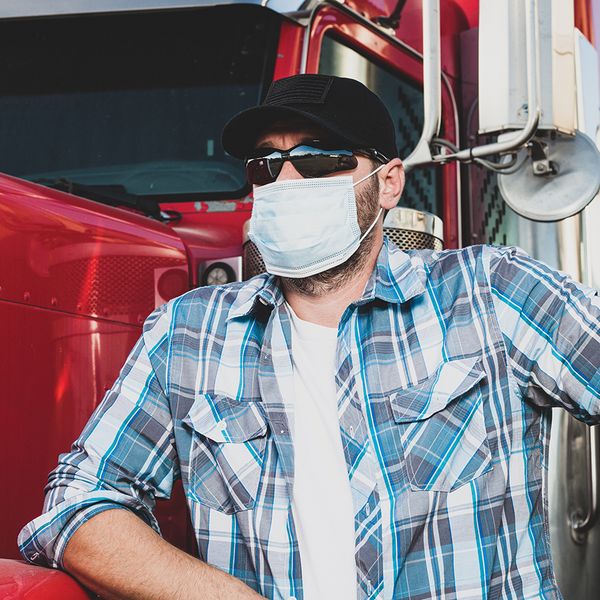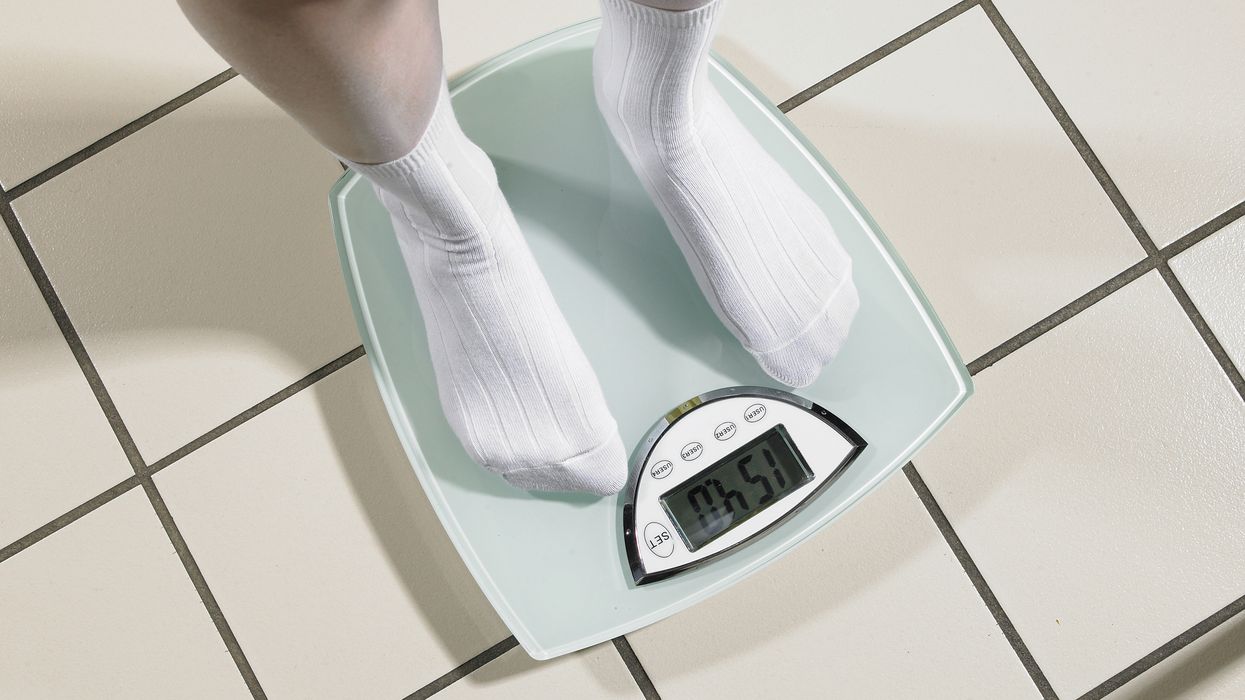OSHA’s vaccination rule: Its impact on drivers and motor carriers
All private U.S. employers — including motor carriers — with 100 or more employees/drivers (total, not per location), must comply with OSHA’s Emergency Temporary Standard (ETS), which was issued in early November.
The ETS requires covered employers to adopt either:
- A mandatory COVID-19 vaccination policy, OR
- A policy requiring employees to choose:
- To be vaccinated, OR
- Undergo regular COVID-19 testing and wear a face covering at work.
By December 6, all covered employers must be in compliance, with the exception of the COVID-19 testing portion, which kicks in January 4, 2022.
The ETS will likely be in place for six months, at which time OSHA must decide whether to proceed with a permanent rulemaking process.
Are commercial drivers exempt?
Commercial truck drivers are not specifically exempted from the rule. However, there are rumblings among trucking circles that drivers mayqualify for one of the rule’s limited exemptions.
In the rule, those who work alone or work mainly outdoors are exempt, if they have minimal contact with anyone indoors (e.g., using the restroom or briefly popping in to an administrative office). These carveouts in the ETS might take some pressure off motor carriers and drivers.
Many commercial drivers — particularly long-haul drivers — spend days alone in their trucks, away from customers and coworkers. This type of work schedule would seem to imply that over-the-road drivers could fit an exemption from the rule.
Would this apply to all drivers?
This scenario won’t apply to all drivers, however. Short-haul drivers, who may have more regular contact with people, might not fit the exemption. Similarly, warehouse workers, loaders, mechanics, office staff, management, etc. would generally not be exempt from the requirements.
The key is drivers need to be alone in their vehicles. Drivers must not occupy vehicles with other employees as part of work duties (i.e., do not drive to worksites together in a company vehicle). Also, drivers who are in the process of being trained (riding with a trainer) would not be exempt, nor would the trainer – because, again, they wouldn’t be alone in the truck. Basically, even if drivers only sometimes drove with other drivers in the vehicle, they would still be subject to the rule.
The ETS states, “Workers at outdoor locations may also routinely share work vehicles. These indoor exposures could account for COVID-19 clusters among employees at worksites otherwise characterized as being outdoors. And employees whose outdoor time is interrupted by the indoor periods will still be subject to the requirements in this ETS ... if an employee works primarily outdoors but routinely occupies vehicles with other employees as part of work duties, that employee is not covered by the exemption.”
What about independent contractors?
Independent contractors do not count towards the total number of employees. Contractors and host employers with at least 100 employees are each required to ensure that they meet the ETS requirements for their own employees. However, host employers could still impose additional requirements for contract employees at their worksites, such as requiring that all workers, regardless of vaccination status, wear face coverings while working indoors.
What must employers do to comply with the ETS (if an exemption doesn’t fit)?
The ETS requires covered employers (including motor carriers) to develop, implement, and enforce a mandatory COVID-19 vaccination policy, unless they adopt a policy requiring employees to choose to either be vaccinated or undergo regular COVID-19 testing and wear a face covering at work.
The ETS also requires covered employers to comply with the following:
- Paid time off. Provide paid time to workers to get vaccinated and to allow for paid leave to recover from any side effects.
- Vaccine status proof. Determine the vaccination status of each employee, obtain acceptable proof of vaccination status from vaccinated employees, and maintain records and a roster of each employee’s vaccination status.
- Prompt notice of positive cases. Require employees to provide prompt notice when they test positive for COVID-19 or receive a COVID-19 diagnosis. Employers must then remove the employee from the workplace, regardless of vaccination status; employers must not allow them to return to work until they meet required criteria.
- Weekly testing. Ensure each worker who is not fully vaccinated is tested for COVID-19 at least weekly (if the worker is in the workplace at least once a week) or within seven days before returning to work (if the worker is away from the workplace for a week or longer).
- Face masks. Ensure that, in most circumstances, each employee who has not been fully vaccinated wears a face covering when indoors or when occupying a vehicle with another person for work purposes.
What about the stay issued by the Fifth Circuit Court of Appeals?
The Fifth Circuit Court of Appeals issued a temporary stay on the ETS. It seems that the stay would only apply to Texas, Louisiana, and Mississippi, since these states are covered by the Fifth Circuit Court. Although, additional lawsuits are likely working their way through other Circuits around the country.
It’s also important to note that this stay doesn’t affect federal contractors who have a separate vaccination deadline on January 4, 2022, under the Biden Administration’s Federal Contractor Mandate.
OSHA isn’t enforcing the ETS for at least 30 days, so the next few weeks will probably be a roller coaster.




















































